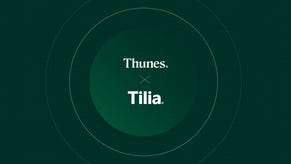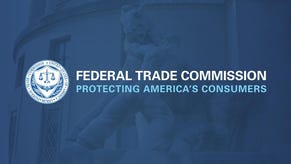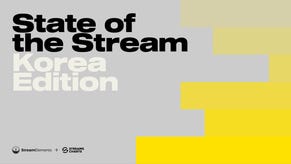Campo Santo legally able to file DMCA against PewDiePie over racial slur
But court costs to enforce could be "well over six figures" so dangerous defence for indies and smaller studios
Legal experts have deemed that Campo Santo has the right to file a DMCA against Felix 'PewDiePie' Kjellberg after he used a racial slur in one of his broadcasts.
Earlier this week, the world's most popular YouTuber used the n-word as an exclamation during a match of PlayerUnknown's Battlegrounds - something that prompted outcry from various corners of the industry.
The strongest response has been from Firewatch developer Campo Santo, with co-founder Sean Vanaman announcing via Twitter that his firm will be filing DMCA takedowns for all of Kjellberg's videos featuring Firewatch. He also pledged to file DMCAs against any PewDiePie videos that featured his studio's games in future.
Vanaman also urged other developers to "cut him off from the content that has made him a millionaire", and sure enough Simogo contacted PewDiePie via Twitter asking him to remove videos based on Year Walk (although it's worth noting it hasn't formally filed a DMCA).
Campo Santo's reaction has been divisive with numerous developers questioning the legality of such a takedown order. After all, the offending word was not used in a Firewatch broadcast, and some members of the industry are concerned this could set a dangerous precedent other developers can abuse, filing takedowns against YouTubers simply because they don't like or agree with them.
PC Gamer reached out to a number of lawyers, who say that Campo Santo is well within its right to demand takedowns for almost any reason it deems necessary.
Ryan Morrison, founding partner of Morrison & Lee, observes that the developer's blanket licence for influencers to stream and monetise Firewatch videos, as found in the game's FAQ, can still be revoked - providing it does not include the term 'non-revocable'.
ESG Law's Bryce Blum adds: "Publishers can revoke the licence for any reason in their sole and absolute discretion, and there is nothing in the DMCA that requires consistent enforcement on the part of the IP holder."
Another concern raised by Campo Santo's actions is that since the developer is filing these takedown notices against a single user, other studios could use this to target influencers of one ethnicity, although Morrison notes that there would be a case for the influencers to defend if this were to transpire.
Morrison adds that YouTubers can protect themselves from out-of-the-blue DMCAs by signing a contract with the publisher. Failing that, as in Kjellberg's case, the only defence is fair use. Let's Plays have managed to survive on the argument of fair use for years, although Kjellberg's fellow YouTubers note that too many incidents like this could prevent that in future.
If PewDiePie were to argue fair use, the case would be elevated to court, but Morrison warns that costs would be "well over six figures."
"So it's not something for indie developers or small streamers to rely on at all," he adds.
PC Gamer has much more detail on the intricacies of filing DMCA takedowns.
PewDiePie has since apologised for the use of a racial slur in his broadcast, saying: "I'm disappointed in myself because it seems like I've learned nothing from all these past controversies. It's not like I think I can say or do whatever I want and get away with it, that's not it at all - I'm just an idiot. But that doesn't make what I said or how I said it OK.
"I'm really sorry if I offended, hurt or disappointed anyone with all of this. Being in the position I am, I should know better... I can't keep messing up like this."








